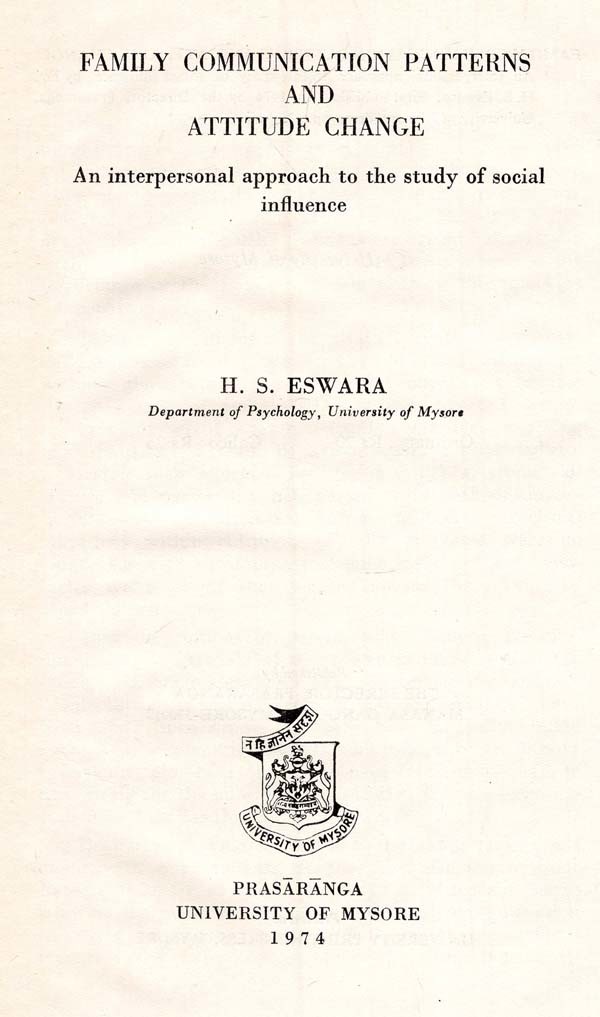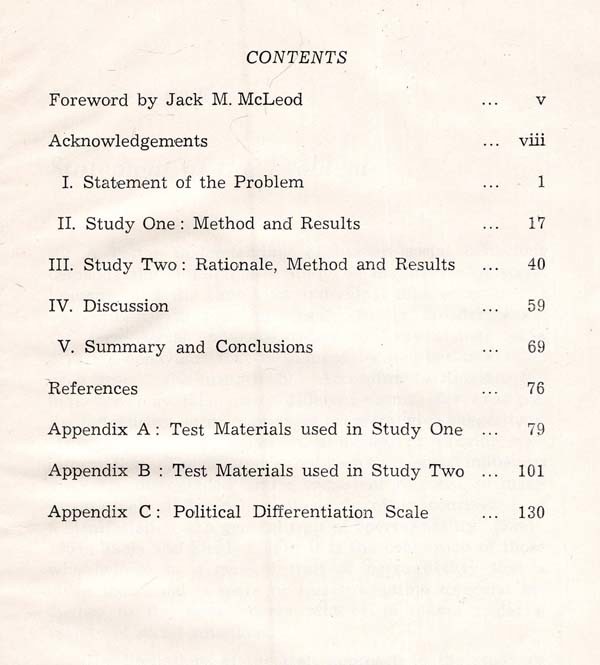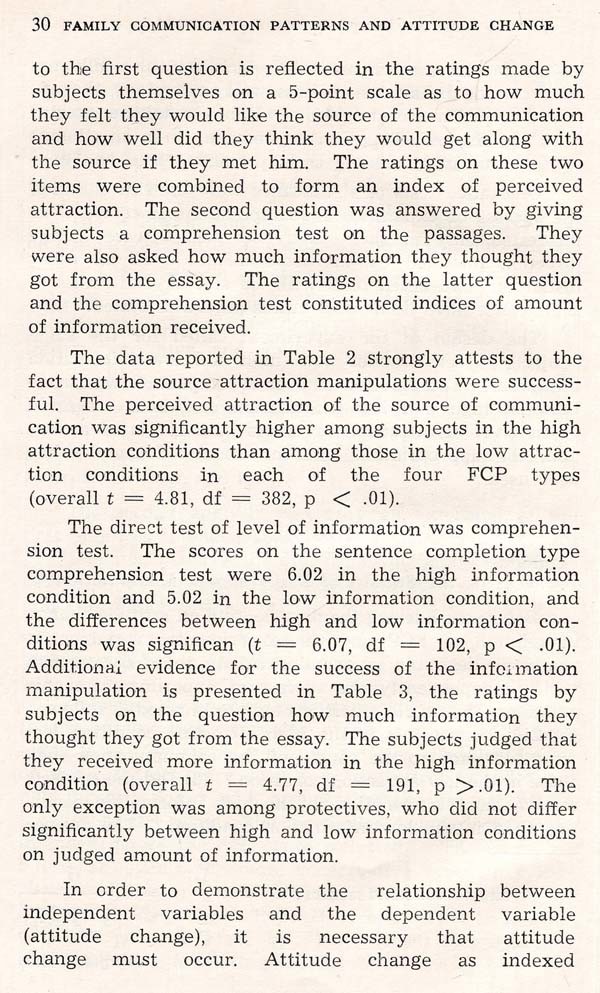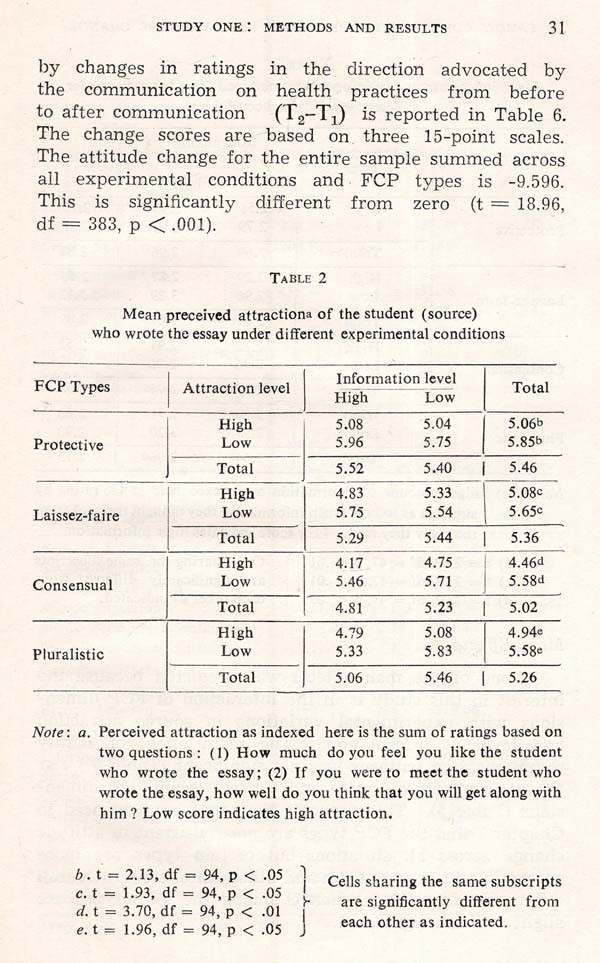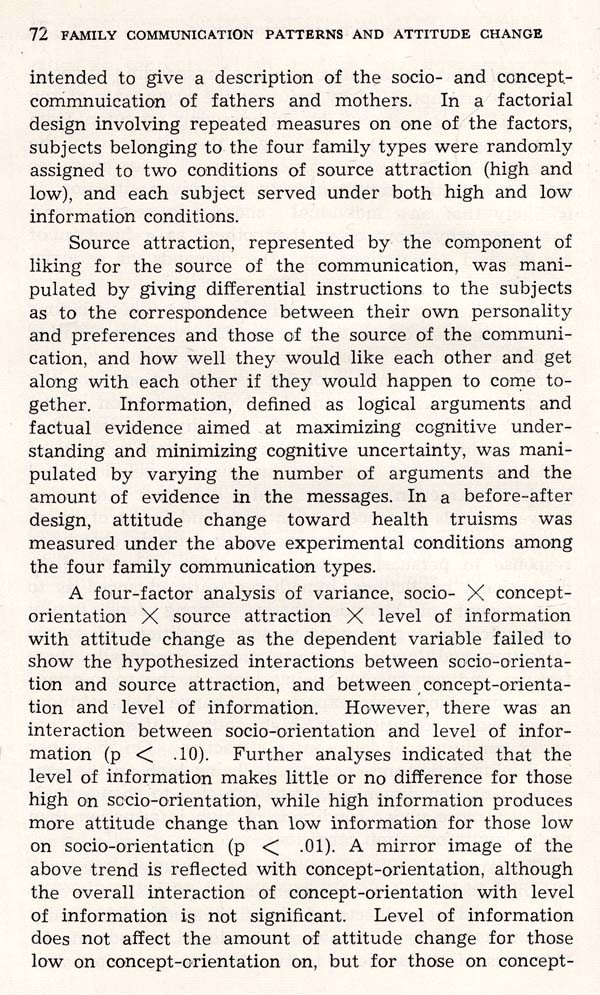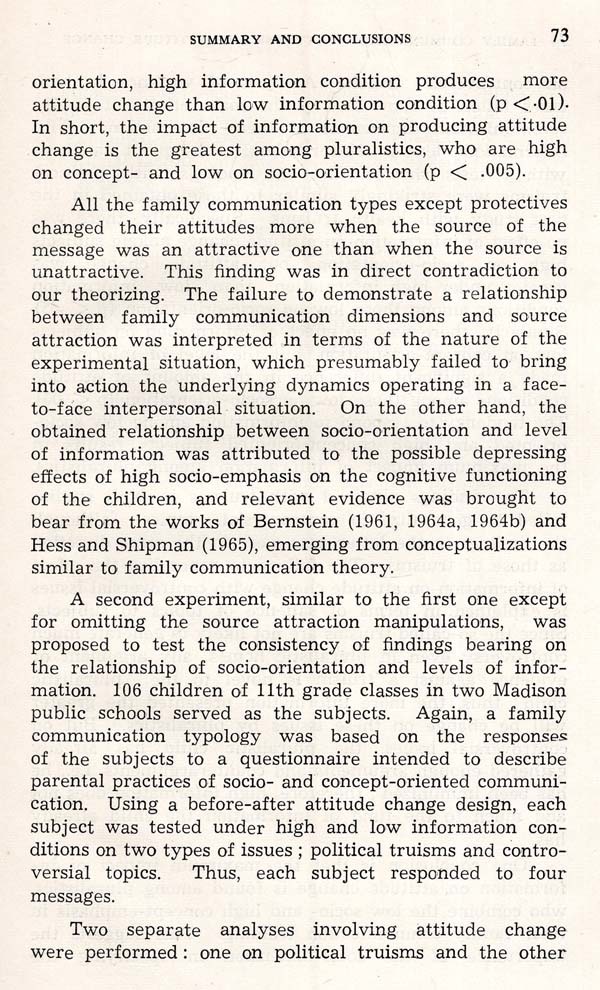About the Book "The research of H. S. Eswara makes several important contributions to the parent-child communication research and to the understanding of family influence more generally. First, his research addresses the question of the generalizing of communication patterns from the family to other communication situations outside the family circle. Secondly, he takes the parent-child communication research design from the less controlled field situations into the more precise situation of experimental control. Questions of the direction of the flow of influence are thereby clarified. Finally, in the concluding sections of the monograph, he raises many important questions about the generalizability and limitations of the parent-child measures and their application. It is a most thoughtful contribution to this research field."
About the Author Dr. H. S. Eswara is Reader in Psycho logy at the University of Mysore, Mysore. He received B. A. (Honours) and M. A. degrees from the University of Mysore and a Ph.D. from the University of Wisconsin.
Dr. Eswara has published several research articles in scientific journals.
Foreword The idea that the family exerts a profound influence on the development of the child is now widely accepted throughout the world. Family influence is much more often stated than it is documented by research evidence, however. The research by H. S. Eswara here is a significant exception in that he seeks to measure and understand such influence; he is not satisfied to merely assume the importance of the family's role in shaping the emerging adult person.
Many early studies of socialization treated the parent child processes as constants, as characteristic of all families within a given culture. Cross-cultural comparisons became the only way of isolating family influences; however, the vast number of other non-familial variables operating to shape personality and behaviour within a given culture frustrated such efforts. By the late 1950's, studies of culture and personality had passed their peak of importance. Research attention turned to social structural variations within cultures. Family processes were no longer assumed constants; instead dimensions and typo logies were sought that would capture the origins of social influence.
**Contents and Sample Pages**
